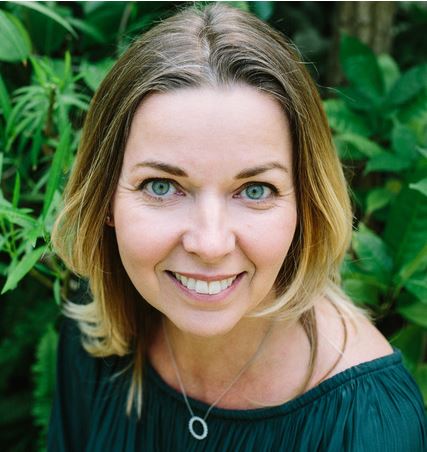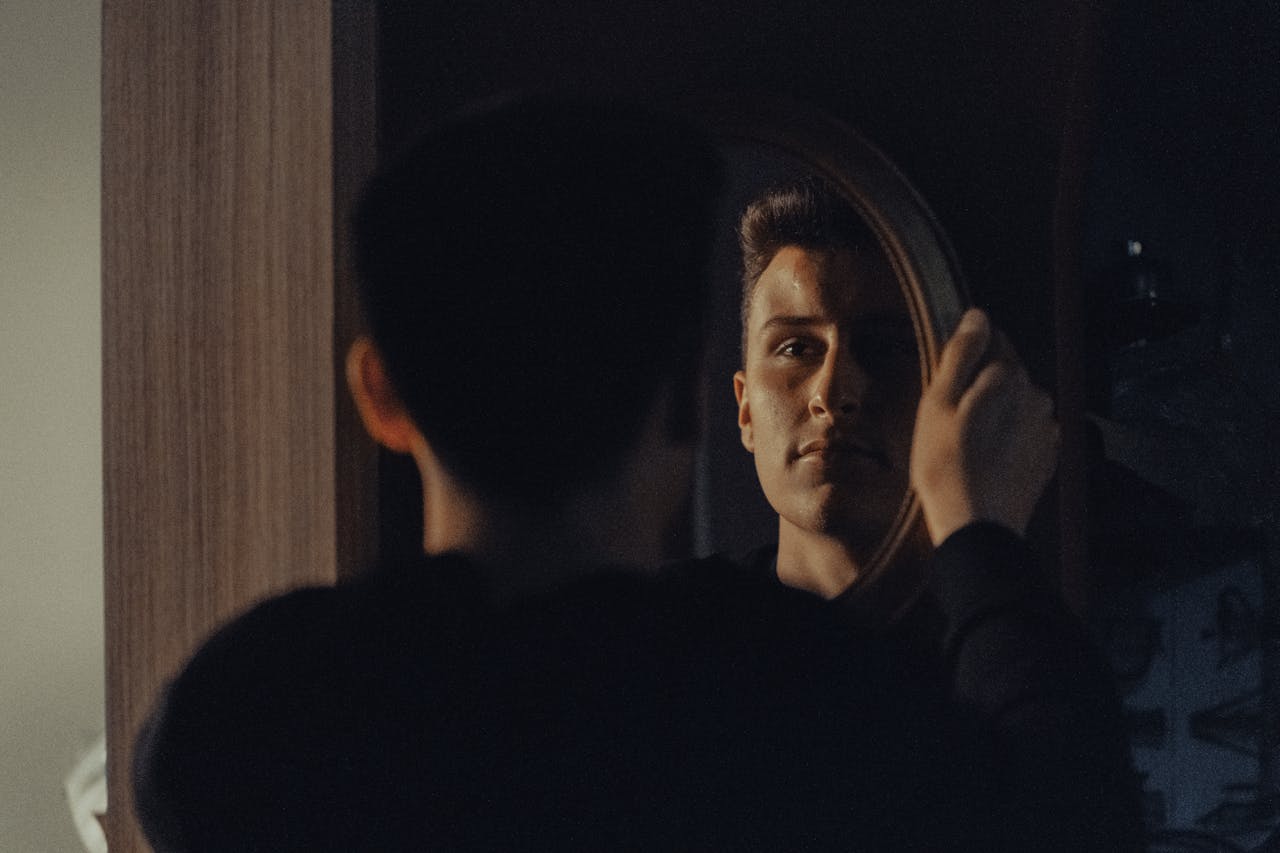BY KRISTINE LACO
Sheena wasn’t a writer, but she gave the best writing advice. She was my instructor at a cognitive behavioural therapy group.
‘What do you want to happen with your writing?’ Sheena asked.
‘To be published?’ I offered.
Sheena wrote published in blue marker on the slick whiteboard. ‘Tell us what that looks like.’
‘See my words in print somewhere other than my blog. Maybe in a newspaper, book or website,’ I said.
‘What’s stopping you?’
I picked at my cuticles while I thought of my answer. ‘I’m afraid the editor will laugh because I’m so bad.’ She wrote the words on the board, and I watched them take shape.
‘Okay. Now what supports this theory?’
‘Um. I don’t know. I guess it’s just a feeling I have.’ She wrote feeling on the board, and it looked small.
‘Anything else?’
‘Yeah. What if feeling bad at writing is protecting me? I say I’m no good to avoid vulnerability, which would prove I’m unworthy. And again and again.’ I circled my finger around and around to punctuate the repetition.
‘Anyone else feel they aren’t good at something – a job, a sport, a hobby or life?’
Several heads nodded in my direction. ‘Good,’ Sheena said. ‘We’re getting somewhere.’ She wrote the word imposter and circled it over and over, mimicking the mantra rolling around in my head.
‘We all get imposter syndrome. It can be a protective mechanism, and it doesn’t mean you aren’t good at something. It means you want to be good at something.’
I haven’t met a writer, from newbie to bestselling, who hasn’t claimed imposter syndrome makes them overthink. Before pressing send on this article, I shook my body free of an imaginary outer coating, then took a power pose with my hands high in the air, feet shoulder-width apart.
‘They’re gonna hate it. They’re gonna hate me. Why do I bother?’
Send.
Familiar?
Imposter syndrome, according to the American Psychiatric Association, affects 82 per cent of the population. If I extrapolate this to writers … wait. Maths. I’ll move on because I can’t do maths, but I bet you can because you’re smarter, more together than I am, and I bet you’re flossing regularly.
I’ll stop.
When I began writing, I was convinced I was a bad writer. Everything I read was more insightful and more polished. I was the fraud. The poser. In Sheena’s class, I recognised I wasn’t alone. We all feel unworthy sometimes, but when the word imposter was circled on the board, I somehow understood.
That didn’t stop me from having the feelings of imposter syndrome, and I think, in some ways, they are good. They make me edit until I cry, share more of myself in my work to try and make sense of my life and search for mentors and writing groups to guide me back to the path when I stray.
Besides, I don’t think the writing course industry would be nearly as profitable if it weren’t for imposter syndrome.
I may not be the best writer, but I write. I may not win a contest, but after a prolonged power pose, I enter because I want to be a good writer and can’t win if I don’t try. That is maths.
About the Author

Kristine Laco is a satirist, memoirist, and essayist living in Toronto, Canada. She is currently over-editing a memoir and a contemporary women’s fiction novel that will never be perfect. You can follow her on all socials @kristinelaco or subscribe and read some of her favourite pieces here: https://linktr.ee/KristineLaco
Kristine’s piece ‘You Can’t Be an Imposter Because I Am’ was a finalist in the June 2023 My Writing Journey Competition.











